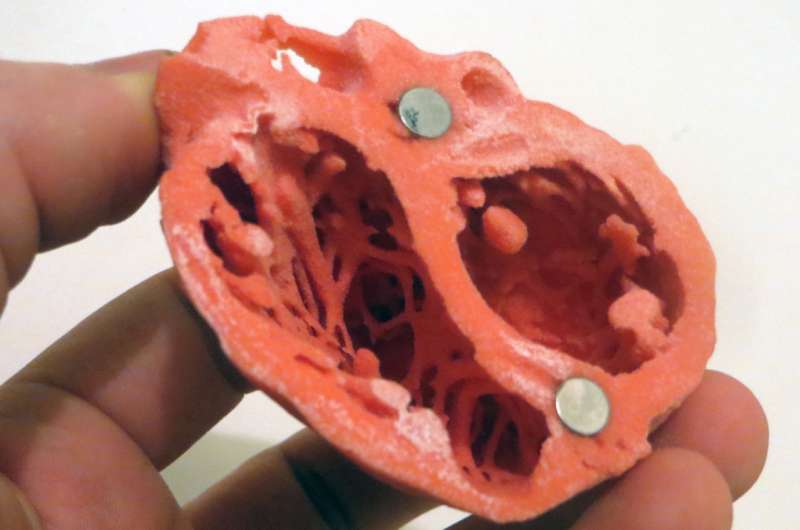Less inflammation = better healing

Myocardial infarction (MI), commonly called heart attack, remains a leading cause of mortality and morbidity worldwide, raising an urgent need for novel therapies.
Acute MI provokes an inflammatory response in the heart that removes damaged tissue to promote repair and regeneration. Overactive and/or prolonged inflammation impedes healing, however, suggesting that reducing inflammation may lead to better outcomes.
Previously Lan Wu, MD, Luc Van Kaer, Ph.D., and colleagues identified a subpopulation of regulatory B lymphocytes in the fat tissue of obese mice that secretes interleukin-10 (IL-10), an anti-inflammatory cytokine which protects against obesity-associated insulin resistance.
Reporting now in the Proceedings of the National Academy of Sciences, they found IL-10-producing B cells in mice also are highly enriched in fat tissue around the heart. Following MI, the cells increase in number and move to the damaged heart, where they terminate inflammation and protect against further injury and dysfunction.
IL-10-producing B cells thus are novel targets to improve the outcome of MI, the researchers concluded.
More information: Lan Wu et al. IL-10–producing B cells are enriched in murine pericardial adipose tissues and ameliorate the outcome of acute myocardial infarction, Proceedings of the National Academy of Sciences (2019). DOI: 10.1073/pnas.1911464116



















